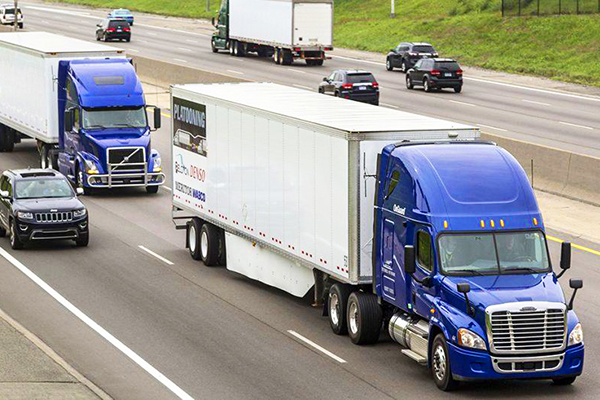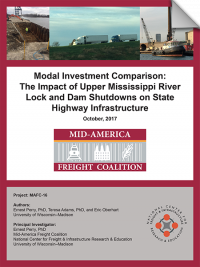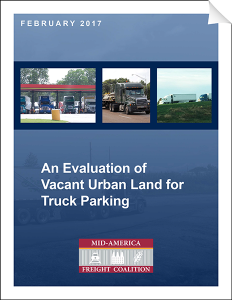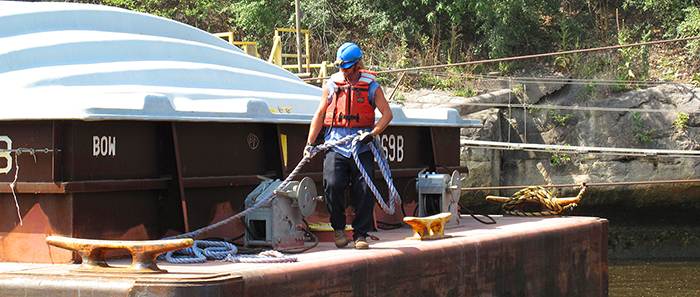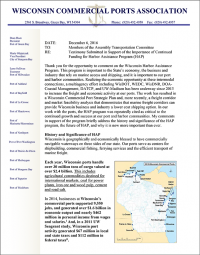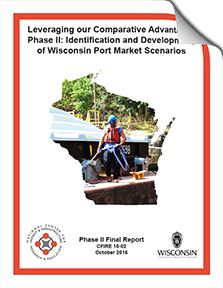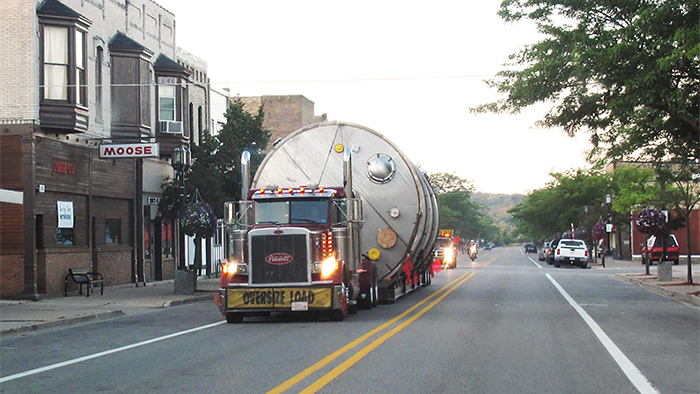All-hazards assessments of major freight corridors in the MAASTO region’ report available at link. A look at all-hazards assessments for nominated multi-state corridors, resources available, mapping of historic hazards, and a hazard ranking system.
Category: Research
A Mountain-Plains Consortium (MPC) publication reported on a study titled Cognitive Underpinnings of Beliefs and Confidence in Beliefs about Fully Automated Vehicles which investigated the cognitive underpinnings of consumers’ beliefs and confidence in their beliefs about fully automated vehicles. Following previous research, opinions about self-driving cars tended to be mixed. The most negative views were held […]
The Mid-America Freight Coalition, in cooperation with the MAASTO Working Group on Automation and Platooning, has published its report, Developing a Regional Regulatory Approach to Truck Platooning in the MAASTO Region: A Literature Review of the History, Progress, and Benefits of Truck Platooning. Download the Truck Platooning Report This report provides an overview of the development of truck platooning and automation […]
Three MAFC member states’ freight plans scored among the best in a recently release report from the American Transportation Research Institute (ATRI), “Identifying State Freight Plan Best Practices.” Freight plans from Iowa, Michigan and Ohio were among a dozen freight plans selected by ATRI as exemplary in terms of planning, assessment, and implementation practices. The goal […]
The Mississippi River is a critical corridor for transportation of agricultural products and, in turn, is critical to the economies of the states that utilize the river to transport these trade goods. The report assesses the total impact of lock and dam closures along the Upper Mississippi River and then demonstrates how the cost the closures, or improvements designed to mitigate their impact on the highway side, compare with the cost of improving Upper Mississippi River control structures.
A new white paper from the Mid-America Freight Coalition (MAFC) demonstrates strategies that can help meet the growing demand for truck parking.
Wisconsin’s marine freight system is a tremendous asset for both a strong economy as well as a healthy environment in the state. And research conducted through the National Center for Freight and Infrastructure Research and Education (CFIRE) at the University of Wisconsin-Madison is helping multiple organizations and agencies target priority projects as they create and implement plans for the state’s freight infrastructure and economic development.
MAFC Program Administrator, Ernest Perry, PhD, testified last week to members of the Assembly Transportation Committee for the State of Wisconsin in support of continued funding for the Harbor Assistance Program (HAP). In his statement, Perry emphasized a multiagency effort that has been taking place for over three years to to increase the freight and […]
Marine freight, ports, modal diversion, marine highways, OSOW, Great Lakes, Mississippi River
As directed by the FAST act, states and, in certain cases, Metropolitan Planning Organizations, are responsible for designating public roads as Critical Rural Freight Corridors (CRFCs) and Critical Urban Freight Corridors (CUFCs). The MAFC has completed a survey of member states for this purpose and is working on a report based on the findings.

